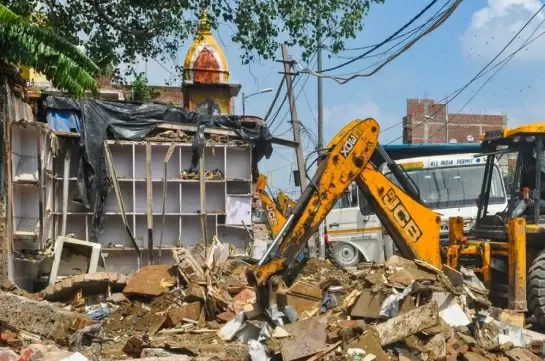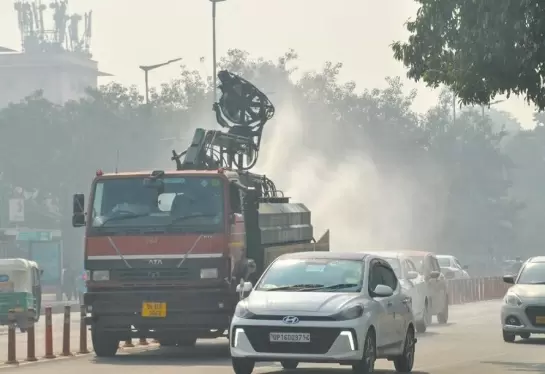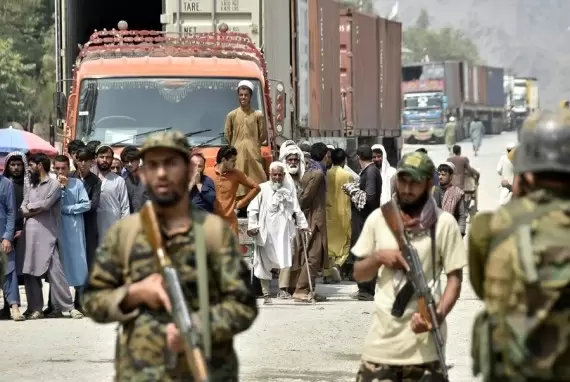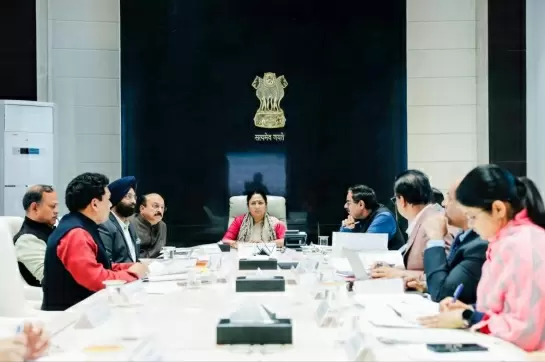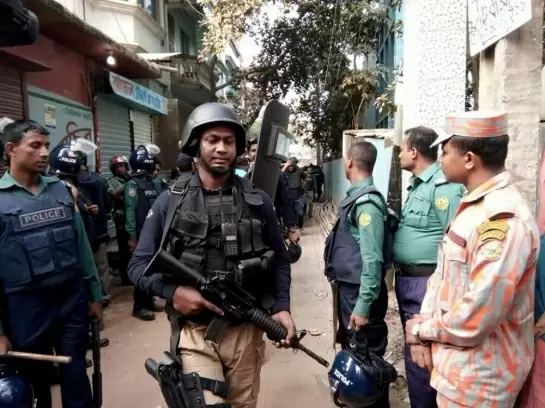Lee Kuan Yew dead, India salutes Singapore's founder
23-March-2015
Lee Kuan Yew, the founder of modern Singapore who enjoyed a love-hate relationship with India, died here on Monday after a long battle with pneumonia. Indian leaders paid glowing tributes to Lee.
Lee, 91, who presided over a dramatic transformation of the once swampy Singapore after it became independent in 1965, passed away "peacefully" at the Singapore General Hospital, the government said.
The former prime minister had been in hospital for severe pneumonia since February 5. His condition worsened due to an infection on March 17.
Singapore declared a seven-day national mourning. The Strait Times newspaper said his body would be kept at Parliament House from Wednesday to Saturday for people to pay homage. A state funeral would be held on March 29.
President Pranab Mukherjee and Prime Minister Narendra Modi led India in mourning Lee, who from being a sharp critic of India became one of its strongest admirers towards later years.
Expressing "heartfelt condolences" on Lee's death, Mukherjee said: "Asia will mourn the loss of a towering leader."
Modi described him as a "far-sighted statesman" and a "lion among leaders" and said that Lee's life "teaches valuable lessons to everyone".
"In this hour of bereavement, our prayers are with Lee Kuan Yew's family and the people of Singapore. May his soul rest in peace."
Ethnic Indians constitute 9.1 percent or around 350,000 of Singapore's resident population of 3.9 million. In addition, among the 1.5 million foreigners are some 350,000 Indian passport holders, mostly in financial services, software, construction and marine sectors. This includes several thousand students too. The country is also home to about 150,000 migrant Indian workers.
Calling him a builder of the modern and multi-ethnic Singapore, Congress president Sonia Gandhi said: "He belonged to the league of Asian statesmen who successfully carried forward the task of nation building."
DMK president M. Karunanidhi lauded Lee for giving Tamil an official status in Singapore. PMK founder P. Ramadoss quoted Lee as saying that the only solution to Sri Lanka's crisis was an independent Tamil state.
In a rare gesture, the Andhra Pradesh assembly condoled the death by observing two minutes silence. Chief Minister N. Chandrababu Naidu saluted Lee for building Singapore into a modern and prosperous nation.
Naidu said Singapore had come forward to prepare the master plan for a new capital for Andhra Pradesh "without asking for a single rupee".
Lee, who would have turned 92 in September this year, was last seen in public at his People's Action Party's 60th anniversary celebrations in November last year.
Born in a middle class family in September 1923, Lee had a tumultuous but chequered political career which made him one of the best known figures in Asia.
Lee and his associates pushed for self-government in the 1950s during British colonial rule.
When Singapore became independent in August 1965 after it separated from Malaysia, Lee is said to have wept considering the enormity of the challenges ahead.
Lee didn't hesitate to use the stick as he went about battling Communists and other critics and building a modern Singapore the way he wanted.
"More than 100 years ago, this was a mud-flat swamp," he once said. "Today this is a modern city."
Amid one crisis after another, he rebuilt the island nation's struggling economy, brought racial tensions under control, rehoused the squatters and kept telling Singaporeans: "Never fear."
He promoted public housing, made English a compulsory language, turned Singapore green (he loved to plant trees), encouraged Singaporeans to have more babies, and told them to be more open vis-a-vis immigrants.
Lee was designated the prime minister in 1959 and held the post until 1990 when he handed charge to his son Lee Hsien Loong, who at 63 remains at the helm.
From 1990, Lee was called Senior Minister or Mentor, a post that helped him to keep a watch on everything which went on in the country, whose three main communities are the Chinese, the Malays and the Tamils.
Lee admitted that he liked to have his way.
"I am very determined," he said. "The whole ground can be against me but if I know it is right, I will do it. That is the business of a leader."
Critics called him a dictator, a man who built a Leninist state in the name of democracy, and one who did not hesitate to bankrupt his opponents.
Lee was critical of India's first prime minister Jawaharlal Nehru for not having a tighter grip over the country. He publicly admired Indira Gandhi for imposing Emergency in 1975. He made similar comments that made him look anti-India.
But he began to change his views once India unleashed economic reforms in 1991.
In 2005, in a speech in New Delhi, Lee said: "India must make up for much time lost... The time has come for India's next tryst with destiny." - IANS
Delhi Metro officials brief CM Rekha Gupta on anti-smog guns, mist sprays to check pollution
Pakistan: Sindhi leader urges UN to act on enforced disappearance of activists
this is a smpolke test data
Dense Fog Throws Flight Operations Out of Gear Across North India
Adhir Ranjan Chowdhury Meets PM Modi, Seeks Action on Attacks Against Bengali Migrant Workers





